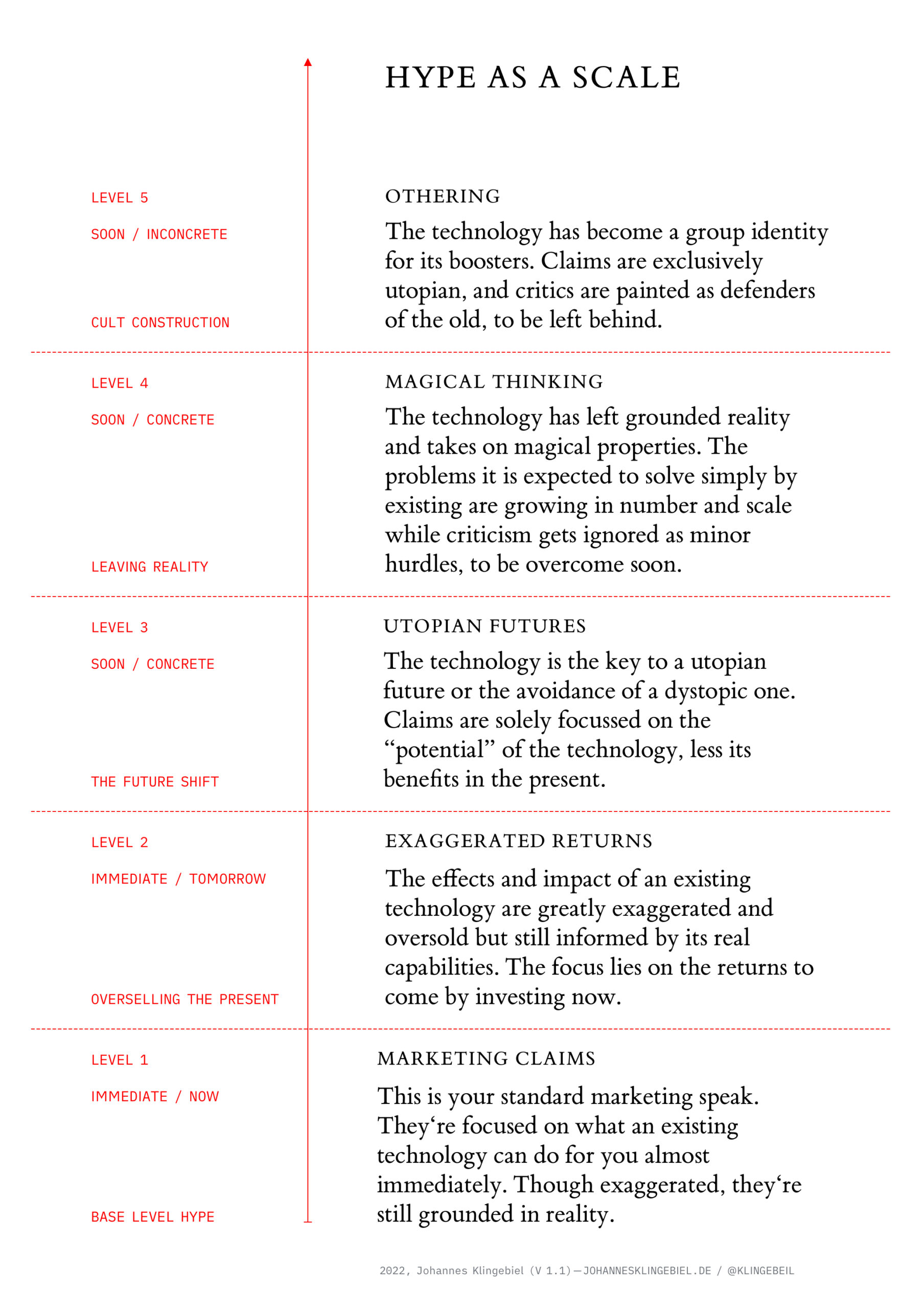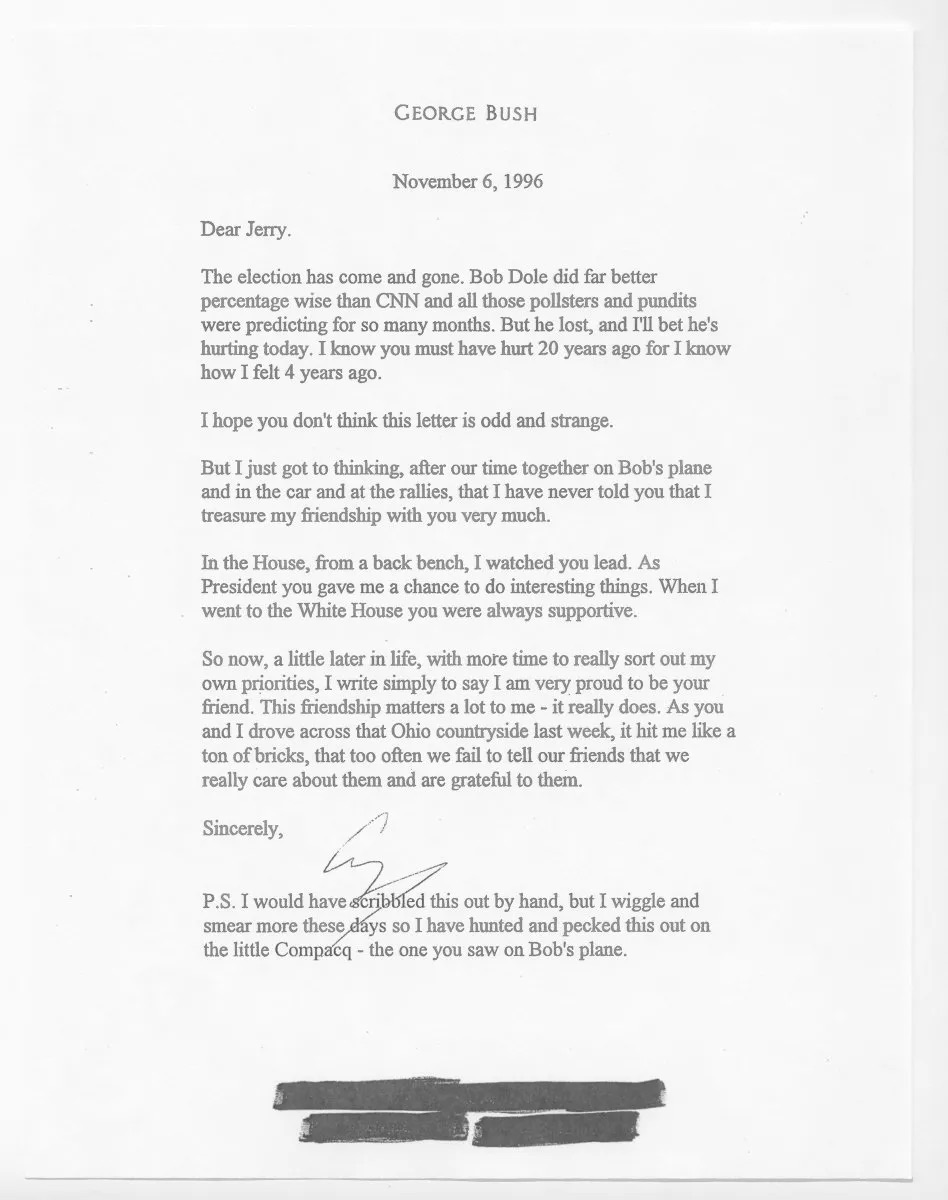The selfie is older than you think

The era of the selfie didn’t begin with smartphones. Here are two fashionable dames posing against a background of a city devastated by an earthquake and in flames. In 1906.
So why exactly is the US willing to risk a nuclear war over Ukraine?
This piece on Yascha Mounk’s Persuasion blog, by ‘Herbert Reed’ (a pseudonym for a “former US State Department official”) makes sense, at least to me. Here’s the bit that particularly struck a chord.
Ukraine matters a lot more to neighboring Russia than it does to the faraway United States. Russians have long been complaining about Ukraine’s bid to join NATO and its defense ties with the West. As Vladimir Putin has made clear, Russia sees the issue of Ukraine as absolutely existential. It is not hard to understand why: Ukraine is Russia’s neighbor and deeply intertwined with Russian history. If Russia threatened to form a military alliance with Mexico, the United States would probably have a similarly fierce reaction.
So what is the United States defending at such great risk in Ukraine? Do most Americans have any idea? There is no doubt Russian President Vladimir Putin is a bully, but preventing bullying is not a U.S. national security interest. According to Deputy Secretary of State Wendy Sherman, America “will not allow anyone to slam closed NATO’s ‘Open Door’ policy.” In other words, America is defending the right of Ukraine to join an alliance of its choosing—even though we currently have no plans to even start the process of admitting Ukraine to NATO. So, in essence, to defend the abstract right of a country few Americans care about to join an alliance that has no intention of admitting it, the United States is willing to risk an economic calamity and war with a nuclear power. That certainly doesn’t sound like a foreign policy for the middle class.
Indeed, the indifference of the American middle class toward Ukraine shows a certain strategic rationality that the foreign policy elite seem to lack. Ukraine, after all, is no geopolitical prize. The last time Moscow controlled Ukraine, the Soviet Union conspicuously failed to win the Cold War. This time, the effort to occupy or control a Ukraine that has become economically dysfunctional, endemically corrupt and deeply anti-Russian would substantially weaken Russia.
This brings two things to (my) mind: (i) NATO’s foolish expansion eastwards (under US pressure) after the collapse of the USSR in 1989; and (ii) the equally-crazed determination to invade IRAQ in 2003.
And I’ve yet to see a Western government publish a candid assessment of the economic and other chaos that a new war would bring.
Quote of the Day
”There are one hundred and ninety-three living species of monkeys and apes. One hundred and ninety-two of them are covered with hair. The exception is a naked ape self-named Homo sapiens.”
- Desmond Morris
Musical alternative to the morning’s radio news
The Gartan Mother’s Lullaby | The Choral Scholars of University College Dublin
I suppose one shouldn’t highlight lullabies in the morning. But then some readers may work the night shift.
Long Read of the Day
Getting to Yes
Terrific New Yorker essay by Merve Emre on “the seductions of Ulysses” which is hopefully not paywalled.
“Ulysses” is all about wandering, of course, and about the loneliness that attends it. While running errands that same morning, Leopold Bloom summons a memory of his wife, Molly, thrusting into his mouth a crushed seedcake on the day he proposed to her: “I lay, full lips open, kissed her mouth. Yum. Softly she gave me in my mouth the seedcake warm and chewed. Mawkish pulp her mouth had mumbled sweet and sour with spittle. Joy: I ate it: Joy.” Yet the sweetness of his memory is soured by a sudden recollection. This is the day, he suspects, that Molly is going to have sex with the businessman Blazes Boylan, the “worst man in Dublin.” Bloom is adrift from his wife, adrift from his past self, and alone with his memory—just as readers, devouring the novel with pleasure, look up to realize that they are alone and adrift on its thrashing sea of references. “The anxiety which ‘Ulysses’ massively, encyclopedically struggles to transcend,”
[the critic]Bersani writes, “is that of disconnectedness”—the “traumatic seductions” of desiring to read all one would have to read to master those references. How many people have read not just Homer, Dante, Shakespeare, Sterne, Fielding, Blake, Goethe, Wilde, and Yeats but also Irish, Indian, and Jewish folklore? How many are proficient in French, German, Spanish, Hebrew, Greek, and Latin? Whom do you share these connections with?
Answer: Fellow Joyceans, I suppose, of whom there are an awful lot.
Great essay, which ventures into territory that many literary scholars might tactfully avoid.
Why Proust was right
A nice little essay about memory by Peter Hitchins in The Lamp Magazine. He had no madelaines as a lad but…
The smell of really good coffee will always evoke my first visit to Paris, by train and boat, aboard the vanished Golden Arrow Express. Just the hint of it brings back the freezing day, the bare officious customs shed at Calais, and my family picking our way worryingly across the tracks (this was never allowed in Britain in those days). Then came the most delicious meal I had ever eaten ending with actual real coffee, as we rumbled across northern France. I also especially recall one of those enormous black French steam locomotives, like prehistoric monsters, which emitted an incongruous thin “peeeep!” like a bird startled on a pond. That France, now so easily recalled, has wholly vanished since.
It has, but in the case of the trains, that peeeping steam-belching locomotive has been replaced by the TGV, and a damn good thing that is too. Still, this is a nice piece.
My commonplace booklet
The changing room illusion
Try it. And then feel as embarrassed as I did. Makes you realise why eyewitness accounts can be unreliable. Link
This Blog is also available as a daily email. If you think that might suit you better, why not subscribe? One email a day, Monday through Friday, delivered to your inbox. It’s free, and you can always unsubscribe if you conclude your inbox is full enough already!










